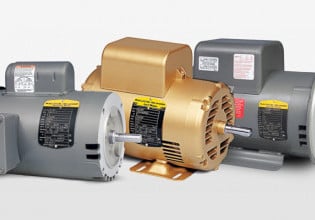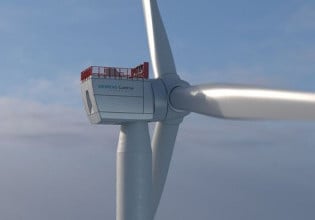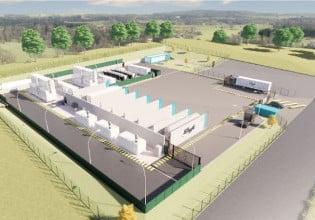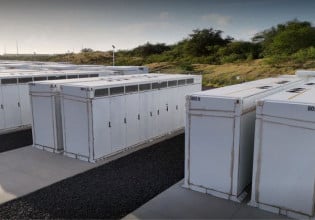Electric Transportation Engineering Corp. (eTec), a subsidiary of ECOtality, Inc. has been selected by U.S. Department of Energy for a grant of approximately $99.8 million to undertake what is described as the largest deployment of electric vehicles (EVs) and charging infrastructure in U.S. history.
eTec, as the lead applicant for the proposal, partnered with Nissan North America to deploy EVs and the charging infrastructure to support them. The Project takes advantage of the early availability of the Nissan LEAF, a zero-emission electric vehicle, to develop, implement and study techniques for optimizing the effectiveness of charging infrastructure that will support widespread EV deployment. The Project will install electric vehicle charging infrastructure and deploy up to 1,000 Nissan battery electric vehicles in strategic markets in five states: Arizona, California, Oregon, Tennessee, and Washington.
"By studying lessons learned from electric vehicle operations and the infrastructure supporting these first 5,000 vehicles, the Project enables the streamlined deployment of the next 5,000,000 electric vehicles," said Don Karner, President of eTec. "Nissan’s market leadership in electric vehicles affords us the unique opportunity to develop and study the charge infrastructure necessary to support the widespread deployment of EVs. eTec’s extensive experience in battery electric drive systems and electric vehicle charging infrastructure, combined with the support of Nissan and over 40 government and industry partners, will enable this Project to successfully pave the way for electric transportation nationwide."
The Project will collect and analyze data to characterize vehicle use in diverse topographic and climatic conditions, evaluate the effectiveness of charge infrastructure, and conduct trials of various revenue systems for commercial and public charge infrastructure. With the goal of developing mature charging environments, the Project proposes to deploy charging infrastructure in major population areas that include Phoenix and Tucson (Arizona), San Diego (California), Portland, Eugene, Salem, and Corvallis (Oregon), Seattle (Washington), Nashville, Knoxville, and Chattanooga (Tennessee). To support the Nissan EV, the Project will install approximately 12,500 Level 2 (220V) charging systems and 250 Level 3 (fast-charge) systems.
"ECOtality is committed to enhancing America’s energy independence, accelerating the market acceptance of electric transportation and supporting President Obama’s goals for job creation and advanced electric drive vehicle deployment," stated Jonathan Read, President and CEO, ECOtality. "This Project underscores America’s leadership role in clean electric transportation and exemplifies the Department of Energy’s strategic foresight and commitment to improving our environment and economy. By developing a rich charge infrastructure in each market, this Project will enable a successful consumer experience amongst early EV adopters and increase market demand for electric transportation."
On August 2, Nissan introduced the LEAF, an electric vehicle described as the world’s first affordable, zero-emission car. Designed specifically for a lithium-ion battery-powered chassis, Nissan LEAF is a medium-size hatchback that comfortably seats five adults and has a range of 100 miles to satisfy real-world consumer requirements. The Nissan LEAF will launch in the United States in late 2010. U.S. production will begin in 2012, at Nissan’s manufacturing facility in Smyrna, Tennessee.






